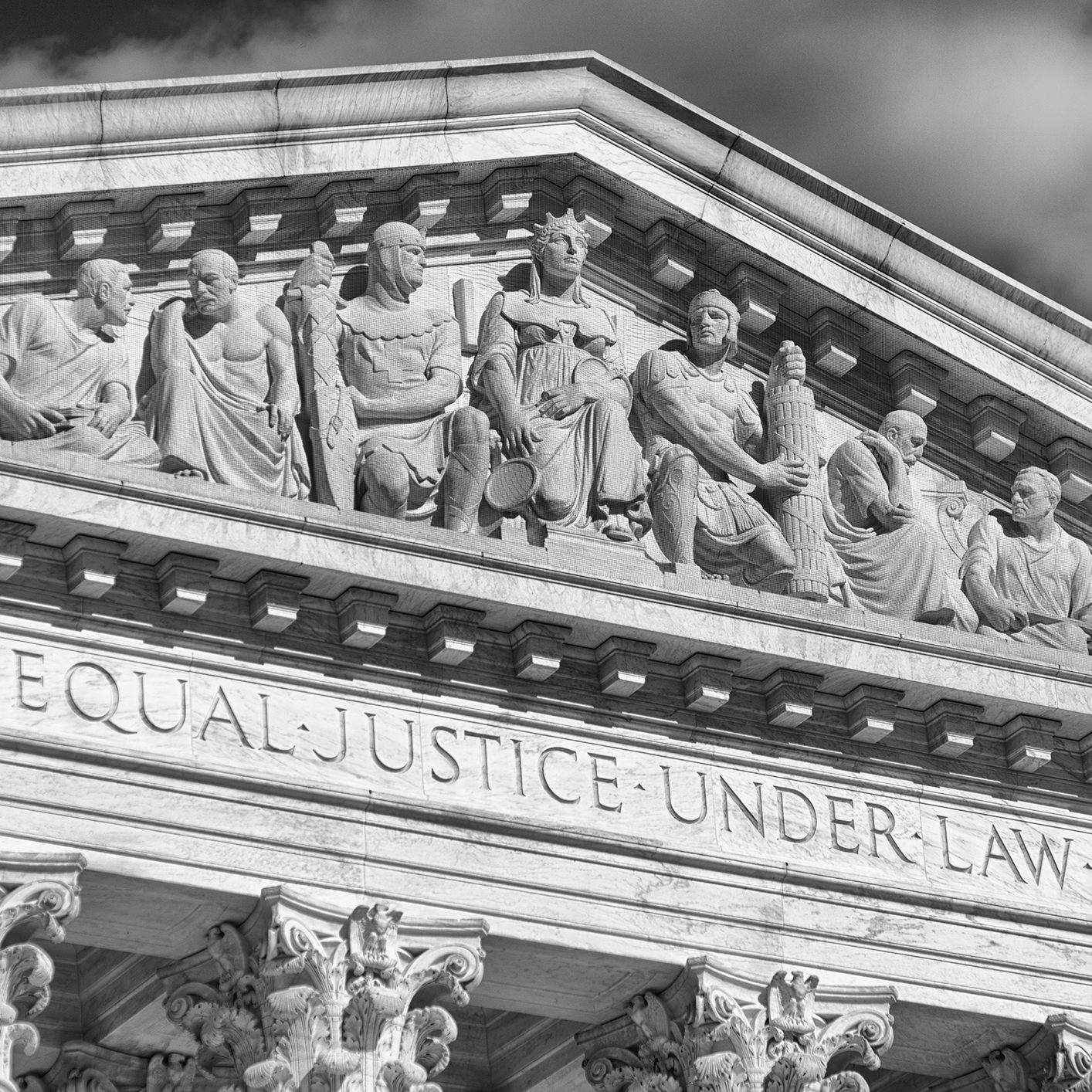Supreme Court to Decide Whether Reference to Injunctive Relief in Arbitration Clause Gives Court Power to Rule on Arbitrability of Dispute

Last month the Supreme Court granted a petition for a writ of certiorari in Henry Schein, Inc. v. Archer and White Sales, Inc. and will take up, in its next term, yet another issue of pressing importance for commercial arbitration. This is the second time this case is before the Supreme Court. This time around, the Court will provide much needed guidance on the language that appears in numerous arbitration clauses and the resulting issue that is critical in many proceedings: Who decides whether a dispute is arbitrable — the court or the arbitrator? More specifically, the Court will decide whether carving out certain types of disputes from an arbitration clause casts doubt on the parties’ intent to have an arbitrator rule on arbitrability such that a court can properly resolve the question of arbitrability, notwithstanding delegation of this power to an arbitrator.
Background and Schein I: “Wholly Groundless” Is Not an Exception to Arbitrability
The underlying dispute in Henry Schein is straightforward. Archer and White, a distributor and seller of dental equipment, sued Henry Schein more than seven years ago for alleged federal and state antitrust law violations, seeking damages and injunctive relief. The contract at issue contained an arbitration clause, providing:
Any dispute arising under or related to this Agreement (except for actions seeking injunctive relief and disputes related to trademarks, trade secrets, or other intellectual property . . . ), shall be resolved by binding arbitration in accordance with the arbitration rules of the American Arbitration Association (AAA). (emphasis added)
Like many other arbitral institutions, the AAA’s rules provide that the arbitration panel shall have the power to rule on its own jurisdiction (i.e., to rule on arbitrability). Henry Schein moved to compel arbitration on this basis, and Archer and White argued that its suit sought injunctive relief in addition to money damages, and thus the question of arbitrability fell squarely within the exceptions listed in the arbitration clause and was for the court to determine. The district court concluded that there is an exception to otherwise valid delegations of arbitrability, allowing courts to decide the issue when arguments in favor of arbitration are “wholly groundless.” The Fifth Circuit affirmed.
When the dispute came before the Supreme Court last year, Justice Kavanaugh wrote, in his first opinion on the Court, that the “wholly groundless” exception to valid delegations of arbitrability did not exist under the Federal Arbitration Act. However, the Court did not expressly decide whether the contract at issue included a valid delegation of arbitrability and remanded the case to the Fifth Circuit to decide this issue.
Schein II: “Clear and Unmistakable Intent” for the Arbitrator to Rule on Arbitrability
On remand the Fifth Circuit again refused to compel arbitration, concluding that the parties did not “clearly and unmistakably” delegate the question of arbitrability to an arbitrator. The parties’ arguments regarding the validity of delegation focused on the effect of the “carve-out” provision in the arbitration clause, which excluded actions for injunctive relief. Archer and White argued that the AAA rules, including the delegation of arbitrability, only apply to disputes that fall within the scope of the arbitration clause, meaning that the court should decide arbitrability because Archer and White were seeking injunctive relief. Henry Schein argued that the parties’ adoption of the AAA rules should have ended the court’s inquiry. Henry Schein warned that a slippery slope could arise under Archer and White’s rationale: In deciding whether a claim falls within a carve-out provision, courts necessarily decide arbitrability, thereby undercutting the parties’ intent to have the arbitrators decide this issue.
The Fifth Circuit is not alone in its conclusion that carve-out provisions negate parties’ “clear and unmistakable” intent to have arbitrators decide arbitrability, joining the Delaware Supreme Court and the Second Circuit in its interpretation. Henry Schein argues that the Supreme Court should instead adopt the rationale of the Ninth Circuit and the Kentucky Supreme Court: Both have held that courts necessarily decide arbitrability when they rule on the scope of a carve-out provision, and in so doing confuse the issue of arbitrability with the scope of an arbitration clause. The Supreme Court will have the chance to resolve this emerging circuit split when it hears the case next term, and its decision will have important ramifications for how parties draft arbitration clauses and carve-outs.
Conclusion
Until the Supreme Court rules on whether inclusion of a carve-out provision for injunctive relief negates parties’ “clear and unmistakable” intent to have an arbitrator decide arbitrability of the entire dispute, parties should consider carefully the potential effects of including these exceptions in their arbitration agreements. It is important to remember that common law affords an exception to the exclusivity of arbitration for situations that require immediate relief (e.g., injunction to prevent irreparable harm) even when parties state that “any and all issues under this contract shall be resolved by arbitration.” Merrill Lynch, Pierce, Fenner & Smith Inc. v. Bradley, 756 F.2d 1048, 1053 (4th Cir. 1985) (“where a dispute is subject to mandatory arbitration under the Federal Arbitration Act, a district court has the discretion to grant a preliminary injunction to preserve the status quo pending the arbitration of the parties’ dispute if the enjoined conduct would render that process a ‘hollow formality.’”).

